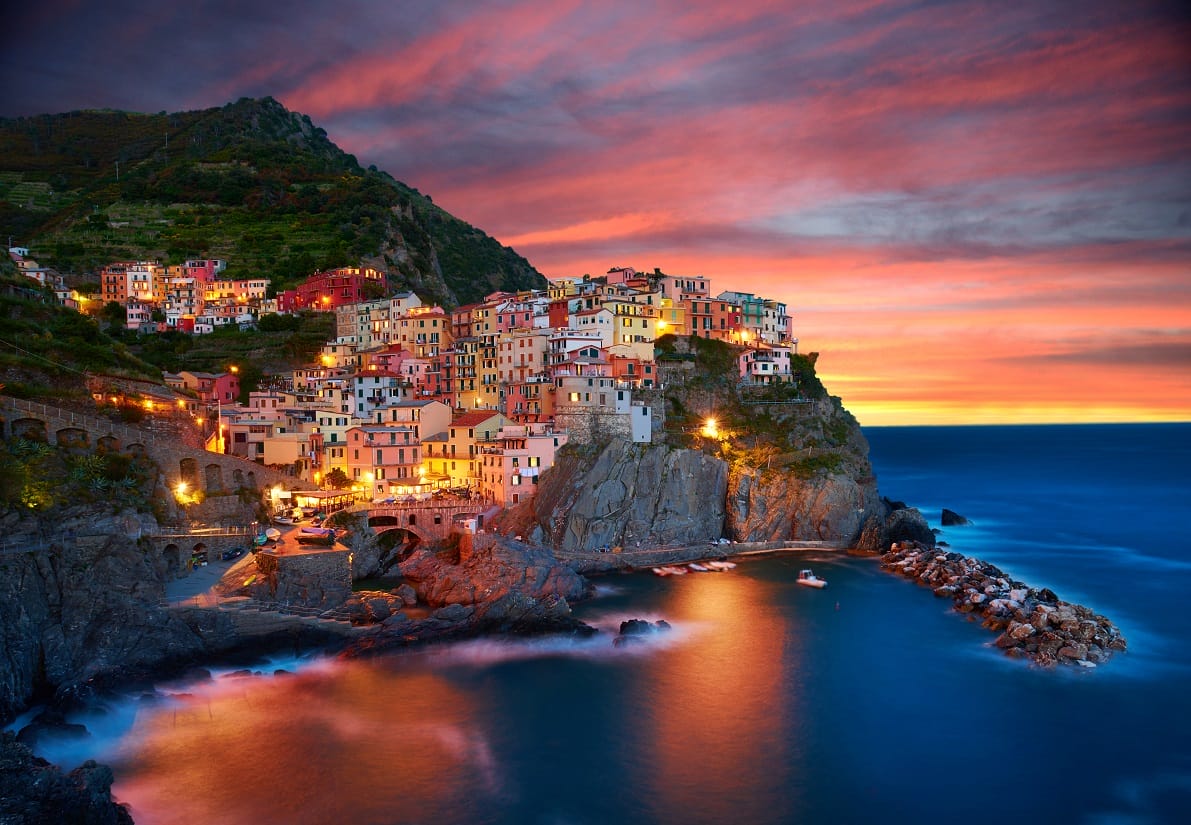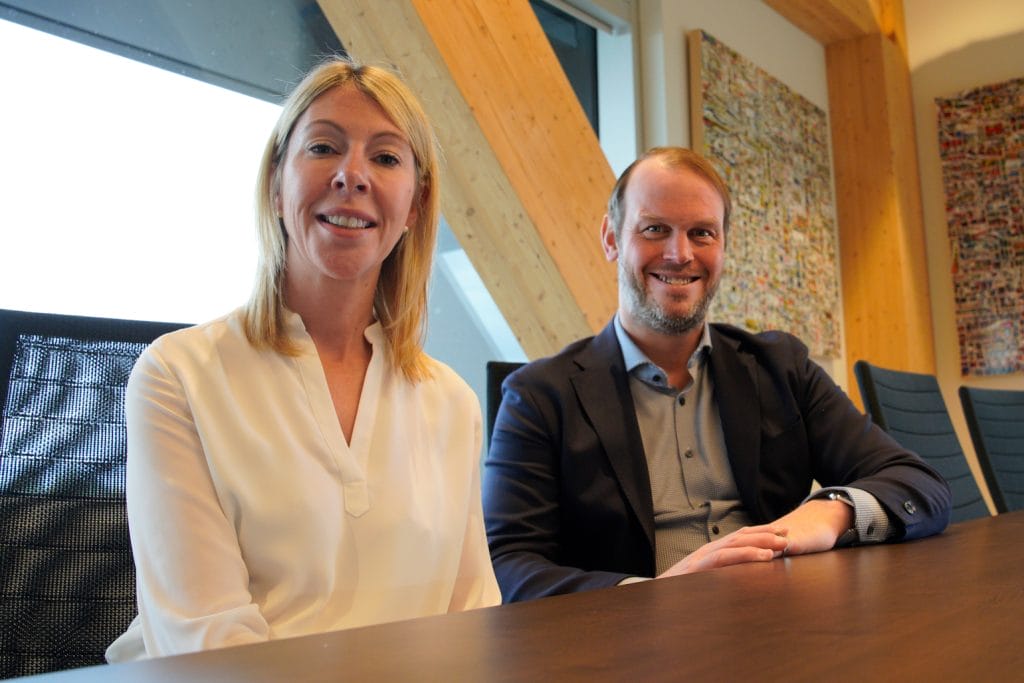The future of travel and tourism
Before the pandemic, popular destinations struggled with over-tourism. Crowding negatively impacted natural environments and attractions. Yet few in charge reacted because the strategy in the travel and tourism industry has always been, “more is more”. More people — on planes, golf courses and trails, in restaurants and hotel rooms — was the goal.
Post-pandemic tourism numbers are interesting. The U.S. Virgin Islands has increased numbers compared to 2019, but Hong Kong is giving away CDN$330 million in airline tickets to attract travellers. Thailand is less interested in short-term, disruptive vacationers. It seeks highspending visitors who stay longer, and believes its new type of visa will attract them. The concept is this: greater revenue and less damage.
A new factor called Responsible Travel has come about for many reasons. Prepandemic travel boomed due to population growth, the notion of entitled travel, discount airlines, a surplus of cruises, ever more lodging options (Airbnb), and social media envy.
But this impacted locals who now pressure leaders to rethink the “more is more” mindset. An area’s popularity often forces locals to relocate due to increased disruptions and unaffordable housing.
The village of Cinque Terre in Italy, with its iconic bright houses, is a casualty. It has 4,000 residents but receives 2.4 million visitors annually. The town’s infrastructure is forever damaged and altered by overwhelming vehicle and foot traffic and there are calls to limit visitors to 1.5 million by charging a reclamation fee. It is ironic that what once made a place special will eventually kill it.
Thailand’s beautiful Maya Bay, made famous by Leonardo DiCaprio’s film The Beach, closed in 2018 to allow coral reefs and aquatic life to bounce back from visitors, reopening this year with a long list of restrictions and regulations.
Locations where the television show Game of Thrones were filmed, have closed. Venice now imposes quotas and fees while limiting cruise ships. The Amalfi Coast has instituted an even-odd vehicle licence plate policy to reduce visitors by half.
Interestingly, tourists are choosing destinations based on the area’s Responsible Travel policies and sustainable rules. Enlightened tourists do not want to contribute to eroding or destroying any destination.
Bhutan’s tourism operates on the principle of “high value, low impact”, achieving it through strict entry requirements and visitor tariffs. The tariffs cover visitor expenses and the revenue protects the country’s environment while funding health care and education.
In Canada, prestigious Fogo Island Inn on the largest island off Newfoundland and Labrador is a prized destination. The hotel’s operational systems meet the highest levels of energy efficiency in a luxury setting. Rainfall is collected and filtered for use in toilets, laundry, and appliances, while water is solar heated.
The restaurant menus feature local produce and honour the island’s culinary traditions. Guest rooms feature furniture made in the inn’s woodshop using local materials like driftwood.
This is not only Responsible Travel in action, but also highly attractive from a business and marketing perspective.
I have worked with Destination Canada, the Province of Manitoba, Chile, Guatemala, London, and Estonia on tourism and economic development. Responsible Travel must top the agenda for every jurisdiction and destination.
Simon Reeve, author, journalist, adventurer, and travel documentary filmmaker, said it well: “Responsible travel is not only better for our world, it’s also more interesting and memorable. Responsible tourism is the future of travel.”
More from this author by clicking on his photo below.


Jeff Swystun46 Posts
Conférencier prolifique et écrivain, Jeff a donné plus de 115 conférences dans 25 pays. L'expertise de Jeff en matière de stratégie d'entreprise, de stratégie de marque et de marketing a mené à l'ouverture de Swystun Communications en 2012. / A prolific speaker and writer, Jeff has appeared at over 115 conferences in over 25 countries. Jeff’s expertise in business strategy, branding and marketing led to the opening of Swystun Communications in 2012. SC is a boutique agency focused on the intersection of business and brand strategy.











0 Comments